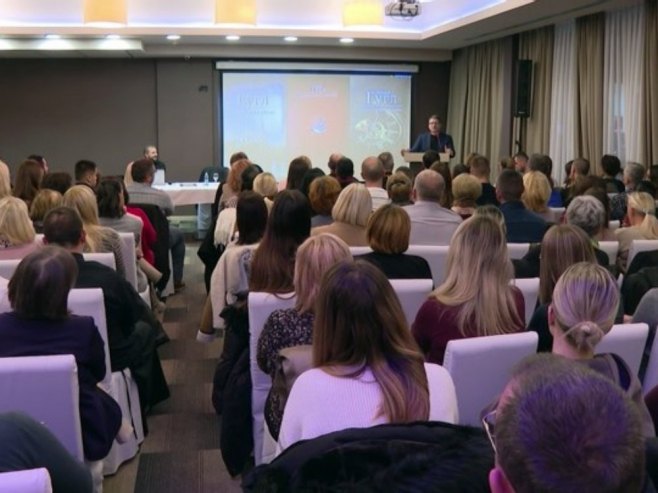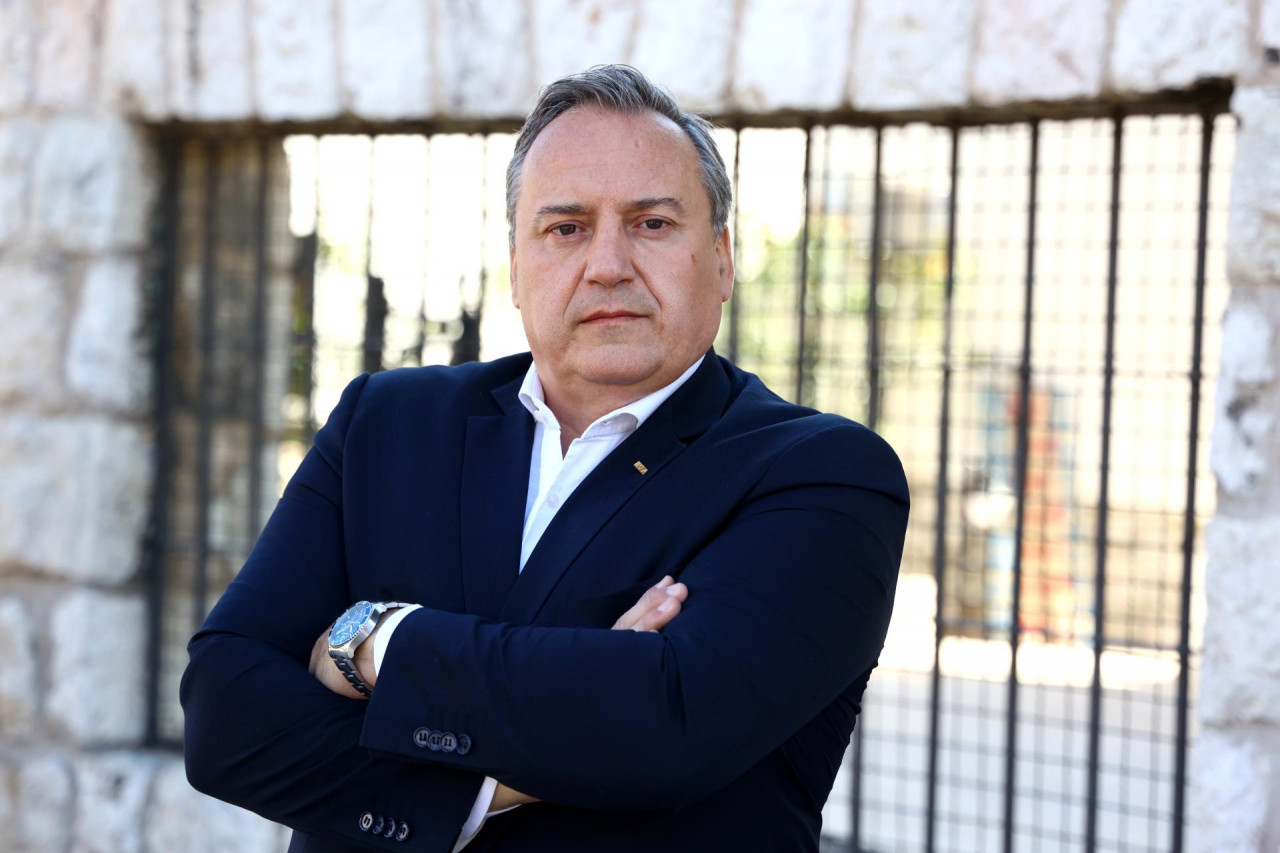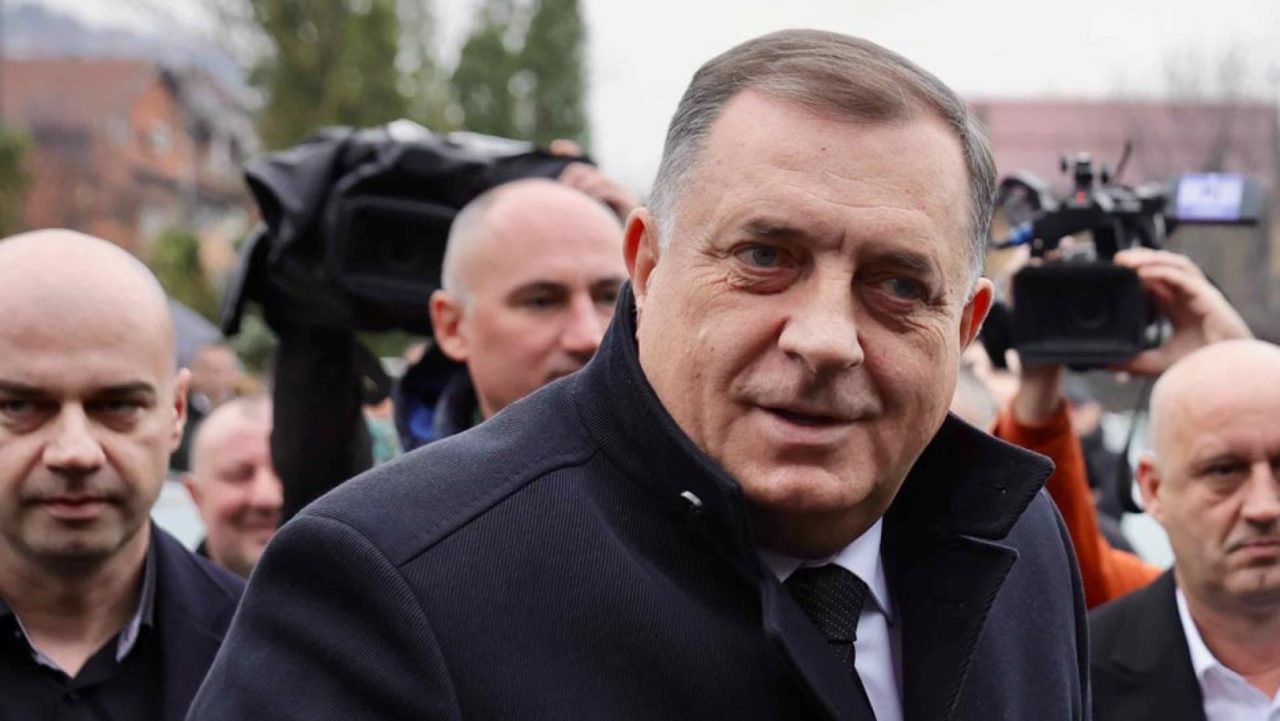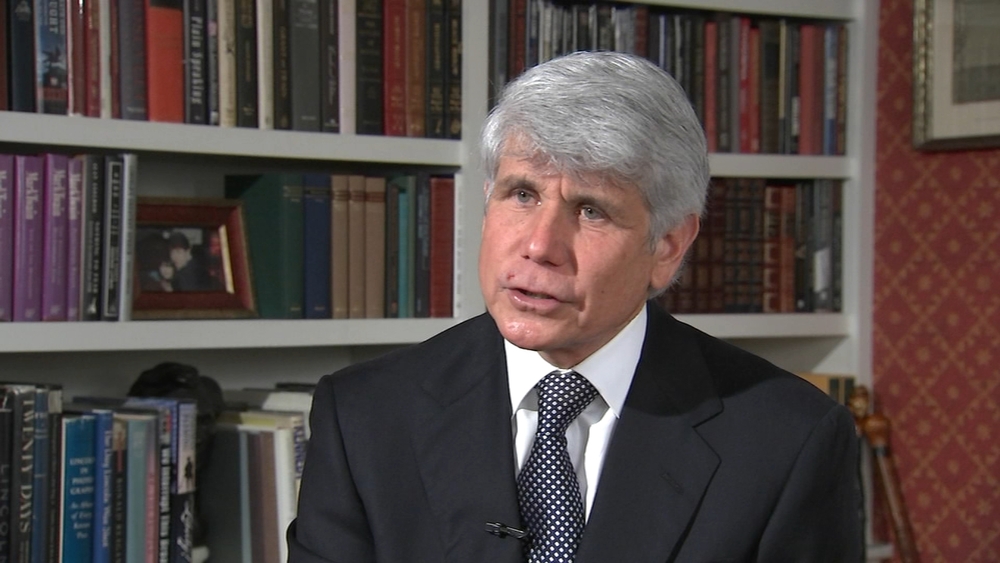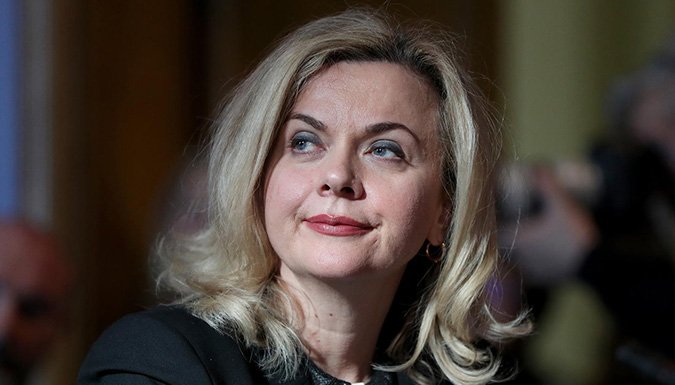The terrorist attack in Bosanska Krupa is not the first such attack on police in BiH, following those in Bugojno and Zvornik, but the difference this time is that the perpetrator was a minor, clearly indoctrinated with radical ideology, said security expert Edin Garaplija.
He noted that in recent years, there has been an infiltration of Salafi groups into the Islamic Community, as they have begun to apply a strategy of “taking over” from within.
Garaplija expressed confidence that the cause of the radicalization of the minor in Bosanska Krupa would be proven in court.
“In my extensive wartime and post-war experience, as well as in scientific research conducted through numerous domestic and international security projects, several basic conditions lead to the recruitment of young people: poverty, family neglect, lack of educational, school, and religious teachings on the effects and consequences of terrorism, and the absence of systematic prevention and suppression of terrorist activities,” Garaplija said in response to Srna’s question on the primary causes for young people, especially children, entering into terrorism.
He recalled that after the signing of the Dayton Peace Agreement, the signatories committed to removing all foreign fighters who infiltrated their ranks for various reasons.
“In the Federation of BiH, the then-authorities, led by Alija Izetbegović, decided to allow some foreign fighters of Afro-Asian origin to remain in BiH, granting them citizenship and new identities. Soon after, some of these radicals, led by terrorists registered in international databases, expanded their influence to certain BiH citizens,” Garaplija highlighted.
He added that they jointly carried out a series of terrorist acts against returnees throughout BiH, especially in central Bosnia.
“These terrorists did not hesitate to employ the most severe forms of terrorism, such as placing explosive devices on the homes of returnees and using a car bomb in Mostar,” Garaplija noted.
Quick response from authorities
Following the murder of one police officer and the wounding of another in Bosanska Krupa a few days ago, an attack attributed to a 14- or 15-year-old boy, Garaplija stated that the response from the relevant prosecutor’s offices, the Cantonal Ministry of the Interior, and SIPA was swift. In a successful police operation, individuals were detained based on reasonable suspicion of their connection to the terrorist act.
The perpetrator was quickly apprehended by police intervention and deprived of freedom. The case was classified as terrorism due to the attack on officers at the police station during the execution of their duties.
“Unfortunately, one officer sustained serious injuries and died on the way to the hospital, while the other was critically injured and, thanks to prompt medical intervention, is now out of danger,” Garaplija added.
Garaplija emphasized that the evil of terrorism is universal and should be addressed through appropriate, timely, and active counter-terrorism measures, respecting fundamental human rights and the presumption of innocence.
Gornja Maoča – “A symbol of radicalized disobedience”
Commenting on Srna’s statement that certain areas in BiH, like Maoča, are off-limits for police activity, Garaplija said that the Salafi community in the village of Gornja Maoča has long been a symbol of radicalized disobedience.
Garaplija recalled that in early 2010, joint police forces conducted Operation “Light” and raided the village of Gornja Maoča near Brčko. Seven members of the Salafi community, led by Nusret Imamović, were arrested.
“They were charged with organized crime in relation to attacks on the constitutional order, threats to territorial integrity, incitement to national, racial, and religious hatred, discord, and intolerance, as well as illegal possession of weapons or explosives,” Garaplija recalled.
He noted that the detainees were initially held for a month but were released after 20 days, a precedent in itself.
“After Mevlid Jašarević’s 2011 attack on the US Embassy in Sarajevo, where it was established he had been staying in Gornja Maoča, Imamović was again detained along with some followers but was soon released, while Jašarević received a 15-year sentence,” Garaplija said.
He added that there is limited information regarding Imamović’s subsequent actions, as he left for Syria with his family to join a radical Islamist movement against the Syrian regime.
“Imamović’s role as leader in Gornja Maoča was taken over by younger individuals who continue propagating religious practices that encourage disobedience towards institutions and authorities. Thus, we can conclude that the Salafi community in Gornja Maoča has remained a symbol of radicalized disobedience,” Garaplija assessed.
Unresolved murders of Leotar and assassination of Ugljen
Commenting on security experts’ claims that a high percentage of terrorist attacks worldwide over the past three decades have links to BiH, Garaplija said that post-war BiH lacked the security infrastructure to counter the formation of terrorist cells.
“Due to erroneous assessments by former political powers, many foreign fighters of Afro-Asian origin easily gained BiH citizenship without thorough vetting and spread their radical influence, recruiting Bosnian youth. After three decades, with the harmfulness of this policy recognized, strengthened joint BiH institutions have begun systematically addressing this universal problem,” Garaplija emphasized.
Laws were enacted against fighting in foreign conflicts, preventing the financing of terrorism, and strengthening domestic judicial and investigative capacities.
“Most terrorist attacks have been resolved with the apprehension of perpetrators, but some of the most notorious cases remain unsolved, such as the detonation of explosives under the official vehicle of Jozo Leotar, Deputy Minister of Internal Affairs of the Federation of BiH, and the assassination of Nedžad Ugljen, Deputy Director of the Agency for Investigation and Documentation (AID),” Garaplija pointed out.
He noted that the apprehension of perpetrators and masterminds of these terrorist acts is still awaited.
Infiltration of Salafi groups into the Islamic Community
In response to Srna’s note that Islamic Community leaders claim a very small percentage of congregations joined under the Islamic Community’s umbrella, and how Wahhabism influences terrorism in BiH, Garaplija stated that Salafi members do not appreciate being labeled Wahhabis.
“They believe they practice their faith correctly and view other members of the Islamic Community in BiH as deviants. This alone creates division, as some radicalized groups do not recognize the state order or the Islamic Community. However, in recent years, the infiltration of Salafi groups into the Islamic Community has become noticeable, as they began applying a strategy of internal ‘takeover,’” Garaplija explained.
He noted that even within these groups, opinions differ on this strategy, with some supporting and others opposing integration with “deviants” who do not practice according to Salafi principles.
“The infiltration of these ‘parallel congregations’ into the Islamic Community congregations does not constitute a terrorist threat, as their strategy is to take over from within both the Islamic Community and politically affiliated entities,” Garaplija emphasized.
Given past experiences and numerous terrorist acts by members of these radical groups, Garaplija believes that all governmental and Islamic Community institutions in BiH should remain vigilant and monitor their activities to prevent any radicalization that could lead to terrorism.
“I believe this preventive approach failed in Bosanska Krupa,” Garaplija stated.
Some Salafi propagators Receive 3,000-4,000 KM monthly from Arab countries
In response to Srna’s observation that new forms of Islam are being propagated in BiH, with individuals financially supported to practice them, Garaplija confirmed reports that certain Salafi propagators and group leaders, numbering 15-17, have long been well-funded from certain Arab countries, receiving between 3,000 and 4,000 KM monthly, depending on their level of education.
“Common among them is that they graduated from higher institutions in the Middle East and are prohibited from criticizing their donors or the Islamic Community in BiH. Breaking these rules results in losing the substantial annual payment of 36,000 to 48,000 KM. None of them pay mandatory state contributions on these fees, indicating their disregard for the constitutional-legal order. Where respect for the socio-political system is absent, there is space for recruiting radical followers and minors for various criminal acts, including terrorism,” Garaplija concluded in an exclusive interview with Srna.
Garaplija thanked Srna and other media outlets in Republika Srpska, the Federation of BiH, and Brčko District for actively covering this topic, which affects all citizens of BiH, regardless of religious or national affiliation.
Source: Glas Srpske

